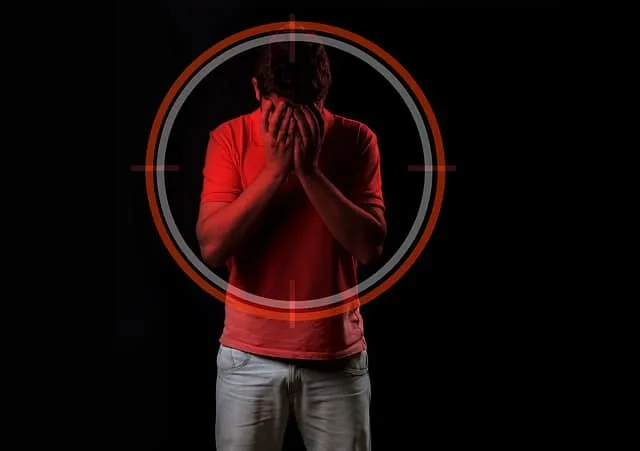
Underage drinking is a widespread and prevalent social issue across the United States. Studies have shown that 78% of teenagers have illegally consumed alcohol at some point, a number that is consistently rising.
While teenager drinking in itself is not necessarily a cause for intervention, teen alcoholism most definitely is. Alcoholism is destructive across all age groups and demographics.
However, alcoholism in teenagers is especially dangerous, as the effects of alcohol on developing minds and bodies can be ruinous. If youäre worried that your teenage child has a drinking problem, don’t jump straight into intervention mode.
First, make sure you know what the warning signs are so that you have good reason to believe you are dealing with a teen alcoholic. Here are the key warning signs that your teenager has a drinking problem.
1. The Physical Signs of Teenager Drinking
Many of the most obvious signs of teen alcohol abuse are physical ones. First, you should check a teenager’s eyes. If you notice consistently bloodshot or glazed over eyes, then you may have a problem.
Also, make sure to check their breath to see if the smell of alcohol is detectable. Slow or slurred speech is also a major red flag, as is general fatigue that wasn’t noticeable before.
Finally, if your teenager has undergone a noticeable decline in personal hygiene and grooming, beyond what might be considered ‘normal’ for a teenager, then you have cause for concern. If you have noticed all of these symptoms in your child, it may be time to arrange emergency alcohol rehab treatment before things go too far.
2. Behavioral Symptoms of Teen Alcoholism
With teens and alcohol, behavioral symptoms are often amplified. A typical trait of alcoholics is evasiveness. If your child is being dishonest with you, for example by refusing to tell you where they have been, this is a common warning sign.
If they are unable to account for their day or their whereabouts on a regular basis then something is almost certainly afoot. In addition to secrecy and lying, they may choose to withdraw from family life.
Make sure to pay attention to whether your child is spending more time alone in their room than is normal for a teenager. You may even notice more obvious behavioral symptoms of teen alcohol abuse, such as frequent violence or self-destructive behavior.
3. Pay Attention to Their School Life
Although you have less control over what your child does at school, there are things you can look out for in this part of their life. For example, if your child’s grades have dropped dramatically and suddenly, substance abuse may be the cause.
If your teenager has recently changed their friendship group and no longer hangs out with their old peers, alcohol may be involved.
Teenagers often begin drinking in an attempt to fit in with a cooler crowd, and new social groups built around toxic behavior are very common.
Learn More
Learning to spot the signs of teenager drinking is just one important aspect of being a parent in the modern world. Make sure to read my comprehensive Parenting Section for all of the information you need on raising your kids safely.
- Sagittarius Man & Gemini Woman Love and Sex Compatibility - January 31, 2024
- Taurus Ascendant Rising Personality Traits in Men (Guide) - January 31, 2024
- How to Seduce and Attract a Sagittarius Man (Seduction Tips) - January 31, 2024
